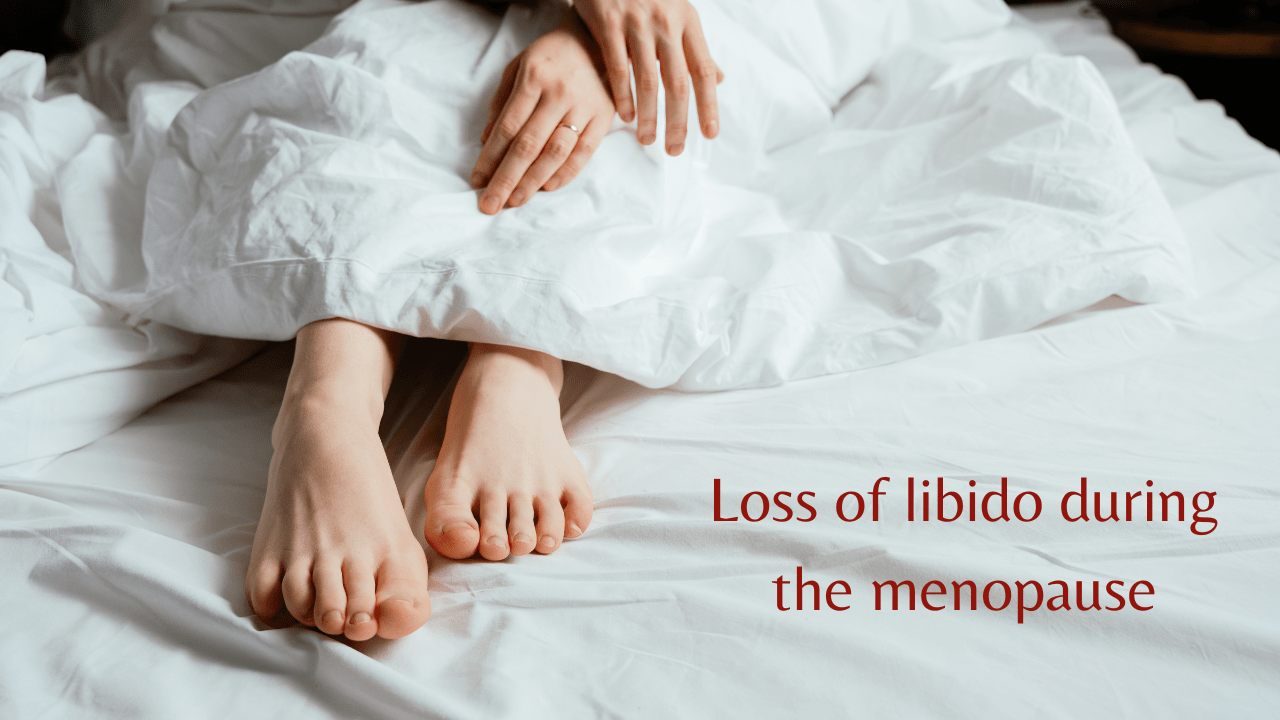
Loss of Libido and Menopause: Understanding the Shift and Reframing Intimacy
For many of us, the menopause journey is full of unexpected changes, both physical and emotional. One that isn’t always openly discussed, but is more common than you might think, is the loss of libido.
If your sex drive has taken a dip during this time, you’re not alone, and more importantly, there’s nothing wrong with you.
From a biological and evolutionary perspective, it makes sense. Our bodies are cleverly designed, and when our periods stop and fertility ends, it’s only natural that our instinctive drive to reproduce might start to decline too. But that doesn’t mean our intimate lives have to end, or even become less meaningful. In fact, many women find that intimacy in midlife and beyond can become deeper, more emotionally fulfilling, and free from the pressure of performance or expectations.
Why Does Libido Decrease During Menopause?
As oestrogen and testosterone levels drop, physical changes can occur that affect sexual desire and comfort. Vaginal dryness, thinning tissues, or discomfort during sex can understandably reduce interest. But libido isn’t just physical; mental load, stress, self-confidence, and relationship dynamics all play a role too.
When you add in fatigue, sleep disruption, and changes to how we see ourselves, it’s no wonder that the idea of sex can sometimes feel like another chore rather than a source of connection.
What Can Help Reignite Intimacy?
Reconnecting with your own sense of connection and closeness starts with kindness and curiosity towards yourself. Here are a few gentle steps that might help:
- Open Conversations: Speak with your partner honestly and openly. This phase can be a chance to understand each other’s needs and emotions without pressure.
- Redefine Intimacy Together: Talk about what intimacy means to you now. For many, it becomes more about emotional closeness, companionship, and feeling valued and understood.
- Acknowledge the Changes: Being open about the physical and emotional shifts you’re experiencing can help you and your partner navigate them with empathy and reassurance.
- Focus on Emotional Connection: Small acts of kindness, shared time, meaningful conversations, and laughter can all help maintain a strong, loving bond.
- Seek Support if Needed: If communication feels difficult or strained, consider speaking with a menopause specialist or relationship therapist for guidance.
A shift in libido doesn’t mean the end of intimacy. It might just mean it looks a little different now—and that can be a good thing. With space, understanding, and support, many women discover new levels of connection and joy in their relationships.
And finally, although it may feel uncomfortable at first, it’s good to be honest and communicate with your partner. Open conversations can help them feel reassured and allow them to support you in a more understanding and meaningful way.
